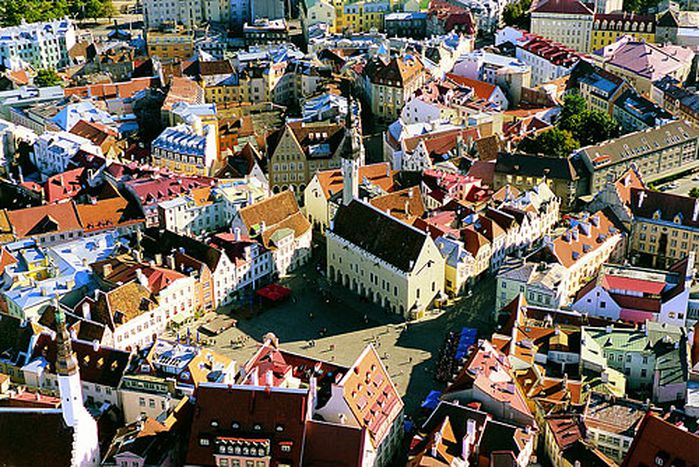
Estonia: Secretaries General of NB8 Foreign Ministries Met in Tallinn
Published on
The secretaries general discussed co-operation opportunities for the Baltic Sea nations, EU energy policy, and the Baltic Sea Region Strategy. Another topic of discussion was the European Neighbourhood Policy. The secretaries general discussed co-operation opportunities for the Baltic Sea nations, EU energy policy, and the Baltic Sea Region Strategy.
Another topic of discussion was the European Neighbourhood Policy.
While talking about the joint activities of the Baltic Sea states, Foreign Ministry Secretary General Matti Maasikas brought up Estonia's co-operation with Finland and Latvia as a positive example. Finland and Latvia represent Estonia for the issuing of Schengen visas in over ten nations where Estonia lacks its own foreign representation. "It is also important for the European Union to co-ordinate the giving of consular aid in crisis regions," said Maasikas. During the Russia-Georgia conflict, Estonia co-operated with Finland, Latvia, Lithuania and Denmark to bring those citizens home.
On the topic of energy security, Secretary General Maasikas stated that in order for it to be guaranteed, a well-functioning common energy market must exist among the member states. "Creating a common Nordic-Baltic energy market would help to increase the reliability of supplies," said Secretary General Maasikas.
The secretaries general also addressed matters related to the European Neighbourhood Policy. According to Maasikas, co-operation with the Neighbourhood Policy's Eastern Dimension states should be strengthened. A good basis for this is provided by the proposals made by Sweden and Poland in May.
Co-operation of the Nordic and Baltic nations, or NB8, is a regional co-operation format that includes Sweden, Finland, Norway, Iceland, Denmark, Estonia, Latvia, and Lithuania. Estonia is the co-ordinating nation for NB8 foreign policy co-operation in 2008. This position will be passed on to Iceland in 2009.



